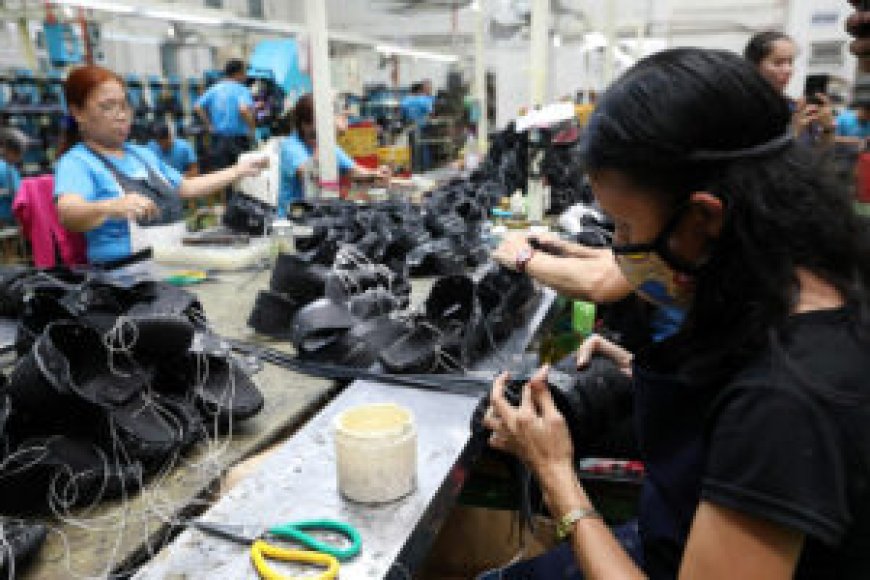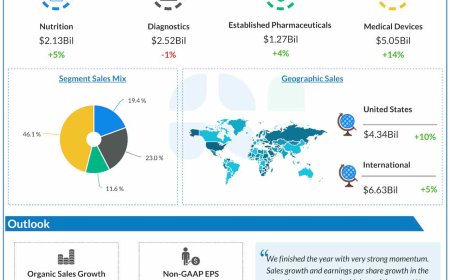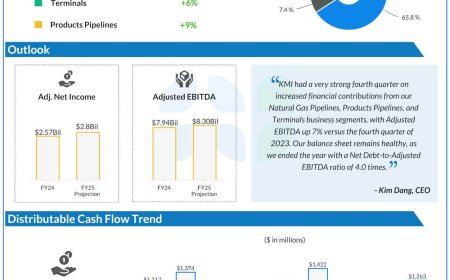Groups renew call for labor reforms amid faster inflation
PHILIPPINE labor groups cited an across-the-board wage increase and the end of contractualization as their top wish list for the upcoming holidays, emphasizing these measures as essential to addressing the rising cost of living and improving job security for millions of Filipino workers.

By Chloe Mari A. Hufana, Reporter
PHILIPPINE labor groups cited an across-the-board wage increase and the end of contractualization as their top wish list for the upcoming holidays, emphasizing these measures as essential to addressing the rising cost of living and improving job security for millions of Filipino workers.
Trade Union Congress of the Philippines (TUCP) Legislative Officer Carlos Miguel S. Oñate urged the House of Representatives to pass the proposed P150 legislated wage hike, complementing the Senate’s earlier initiative for a P100 minimum wage increase.
“Amid token increases by the regional wage boards, the TUCP’s P150 wage hike proposal should be recognized for what it truly is: an urgent and priority measure that the House of the People must pass,” Mr. Oñate told BusinessWorld in a Viber message over the weekend.
University of the Philippines Diliman School of Labor and Industrial Relations Assistant Professor Benjamin B. Velasco noted that high prices and low wages top workers’ grievances, adding a reform on the wage fixing mechanism is urgently needed.
“The regional wage system — called provincial rates by some — is an epic failure. Minimum wages are poverty wages, even below [the] official poverty threshold per region,” he told BusinessWorld in a Facebook Messenger chat over the weekend.
“It is high time to consider the call for a national minimum indexed to inflation and anchored on the living wage mandate of the Constitution.”
Twelve regions have so far issued wage orders, including National Capital Region, Cordillera Administrative Region, I, II, III, IVA, MIMAROPA, VI, VII, VIII, IX and XII.
Regions X (Northern Mindanao) and XIII (Caraga) are in the final stages of the minimum wage determination process after completing their November and December 2024 public hearings.
Region XI (Davao Region) is scheduled to start in January 2025, while Region V (Bicol Region) is still assessing its conditions and recovery after the devastating effects of typhoons on communities and businesses.
Federation of Free Workers (FFW) President Jose Sonny G. Matula, likewise, emphasized that an across-the-board entry-level wage hike is essential for addressing the higher cost of living and advancing towards a living wage nationwide.
In November, headline inflation picked up to 2.5% year on year from 2.3% in October, but it was slower than 4.1% in the same month a year ago. This brought average inflation to 3.2% in the 11 months.
‘REAL’ SECURITY OF TENURE
Mr. Matula also cited in a Viber message to BusinessWorld the abolition of contractualization, more popularly known as endo (end of contract) in the Philippines, as one of the group’s wishes for the upcoming year.
Endo schemes terminate employment before a worker’s tenure hits six months, the period which by law triggers regular employee status.
He added to ensure job security, workers must have a legal framework through “a real Security of Tenure Act.”
For Mr. Oñate, the Security of Tenure Bill of the previous administration must also be revisited.
“Fixed-term contracts continue to be weaponized to evade employer obligations, fueling cyclical unemployment that often worsens after this holiday ‘Ber Months’ season,” he said.
“Not only in the private sector through our TUCP Security of Tenure Bill but also in the public sector through the TUCP bill on civil service equivalency providing for automatic civil service eligibility and plantilla positions for all our government job orders and contracts of service who have served at least 3 years.”
National President of Bukluran ng Manggagawang Pilipino Renecio “Luke” S. Espiritu said the labor movement next year will continue to campaign for living wages, anti-contractualization, lower prices and public services for Filipinos.
His proposed reforms with the initials “PSST!” (Presyo, Sahod, Serbisyo at Trabaho), pushed for a P750 across-the-board legislated wage hike with the abolition of provincial rate and end of contractualization among others.
Meanwhile, social protection for informal workers in the digital economy — such as app-based and web-based workers — needs urgent attention, according to Mr. Velasco.
“Treating them as independent workers — that is, with social security and other types of social protection, like health and accident insurance, by their putative employers — the apps and platforms — is an improvement over their current status as freelancers,” he said, noting that Mexico recently joined the growing list of countries regulating app workers to improve conditions.
For traditional informal workers, such as street vendors and jeepney drivers, Mr. Velasco emphasized that the 2022 Department of Labor and Employment-International Labour Organization social protection floor study must move from planning to action.
“There is money to subsidize social protection. Just look at the proposed 2025 General Appropriations Act — in which there are billions for Ayuda sa Kapos ang Kita Program (AKAP), Assistance to Individuals in Crisis Situation (AICS) and Tulong Panghanapbuhay sa Ating Disadvantaged/Displaced Workers (TUPAD). But these are full subsidies for [traditional politicians] facing electoral contests.”











































